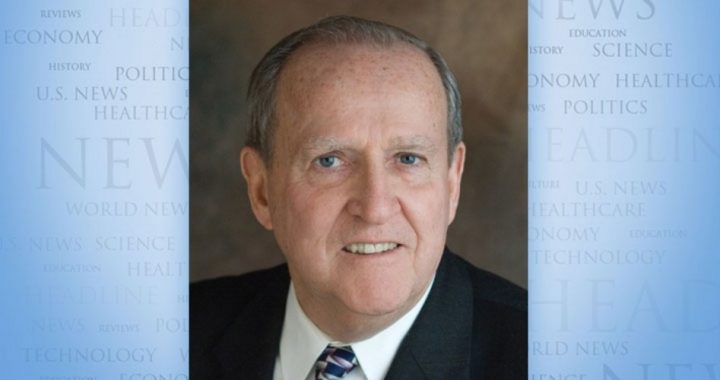
On June 15, 1215, a group of rebel barons with swords at the ready presented England’s unpopular King John with a document that has come to be known as the Magna Carta (Great Charter). Actually drafted by the Archbishop of Canterbury and named and agreed to by both parties during their meeting at Runnymede, the document elicited promises from the king to protect church rights, cancel unjust imprisonment, establish swift justice proceedings, and place limits on taxation. The Barons agreed to cease threatening the king.
Historians note that neither side stood by their commitments. Pope Innocent III, almost immediately, declared it null. There followed the first “Barons’ War,” King John’s death from natural causes, and the beginning of the reign of his nine-year-old son, Henry III. It was under Henry’s authority that the document was reissued in 1216 after removal of some of its controversial content. When the Barons’ War ended in 1217, the already famous document, originally known as the “Articles of the Barons,” acquired the name “Magna Carta” and was included as part of the peace treaty hammered out at Lambeth in 1217.
During succeeding centuries, the Magna Carta has frequently figured in political decision-making, such as its use in the early 1600s in challenges to the belief that kings possessed divine rights, stood above the law, and could not be challenged. Some 17th century opponents of that theory were actually executed for their refusal to accept that kings could never be wrong.
Without a doubt, the Magna Carta figured in the thinking of the American colonists and is rightly credited with playing a part for the formation of the U.S. Constitution in 1787. In Essay #84 of The Federalist Papers, Alexander Hamilton made reference to it. But Magna Carta dealt with the relationships between the king and the barons, not so much with rights claimed by ordinary people.
The Magna Carta deserves the respect it has acquired over the centuries. And we are pleased to join in saluting it as a history-making symbol of freedom 800 years after its creation.
John F. McManus is president of The John Birch Society and publisher of The New American. This column appeared originally at the insideJBS blog and is reprinted here with permission.



